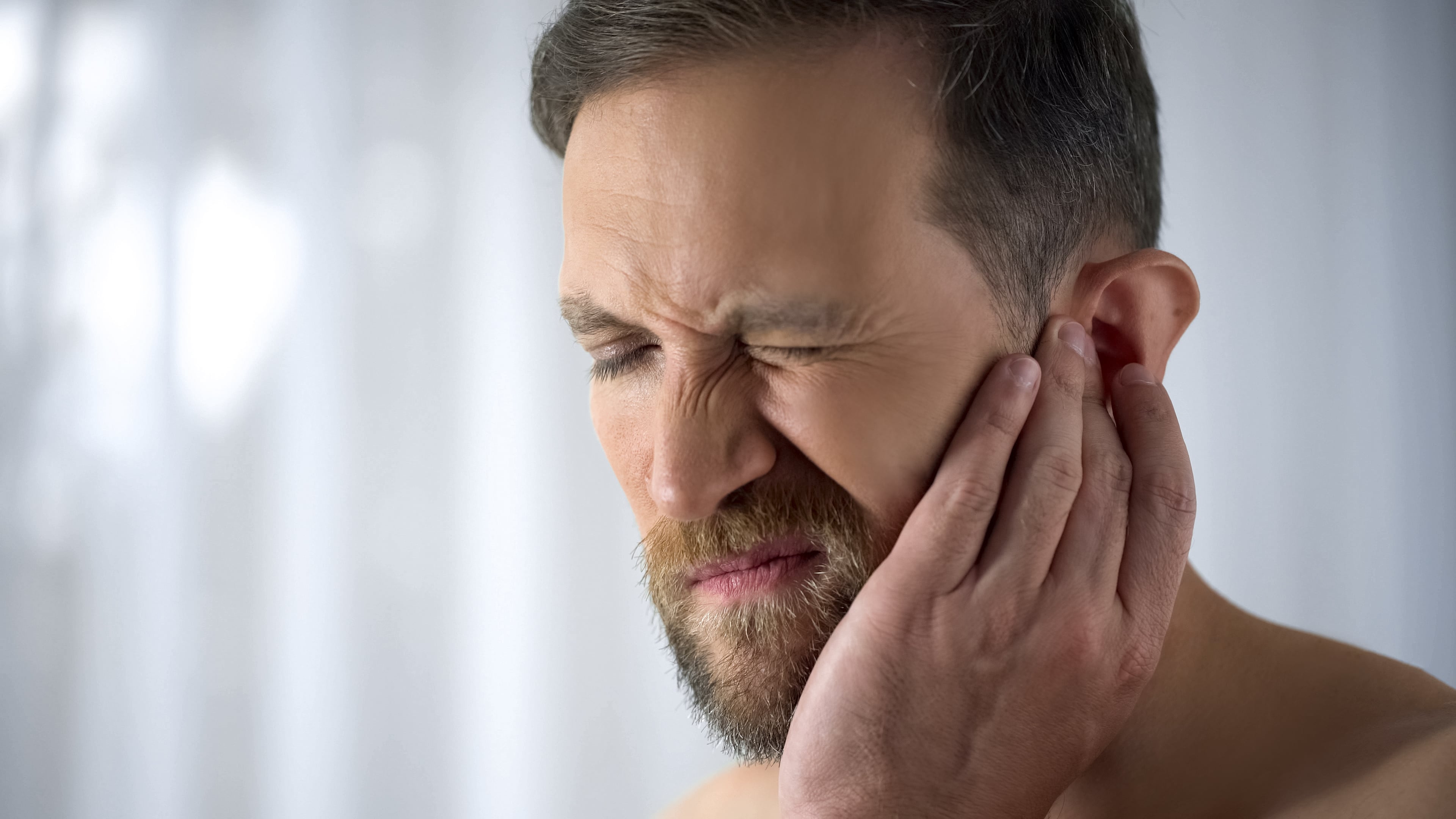
Why Left Ear Ringing Is Making Headlines – Essential Insights Revealed!
Introduction
In recent months, left ear ringing has become a hot topic of discussion, with numerous articles and headlines highlighting its potential significance. While ear ringing, also known as tinnitus, is a common experience, it has traditionally been considered a minor annoyance rather than a cause for concern. However, emerging research is shedding new light on the potential implications of left ear ringing, particularly its association with various health conditions and its ability to provide insights into our overall well-being.
Causes of Left Ear Ringing
Left ear ringing can be caused by a variety of factors, including:
- Exposure to loud noise: Prolonged or excessive exposure to loud sounds, such as those encountered in concerts or workplaces with heavy machinery, can damage the delicate hair cells in the inner ear, leading to tinnitus.
- Earwax buildup: Excessive earwax can obstruct the ear canal, preventing sound waves from reaching the eardrum and causing tinnitus.
- Meniere’s disease: This is a disorder of the inner ear that affects balance and hearing, and it can cause tinnitus as one of its symptoms.
- Temporomandibular joint (TMJ) disorders: Problems with the temporomandibular joint, which connects the jaw to the skull, can cause tinnitus.
- Certain medications: Some medications, such as aspirin and certain antibiotics, can cause tinnitus as a side effect.
Left Ear Ringing and Health Conditions
While left ear ringing is often a benign condition, it has been linked to several health conditions, including:
- Hearing loss: Tinnitus is often a symptom of hearing loss, and the severity of the ringing can correspond to the degree of hearing loss.
- Cardiovascular disease: Studies have shown a correlation between left ear ringing and an increased risk of cardiovascular disease, including heart disease and stroke.
- Diabetes: Tinnitus is a common symptom of diabetes, and it can be an indicator of uncontrolled blood sugar levels.
- Thyroid disorders: Thyroid problems, such as hypothyroidism and hyperthyroidism, can cause tinnitus.
- Mental health conditions: Tinnitus can be associated with anxiety, depression, and other mental health issues.
When to Seek Medical Attention
While left ear ringing is often not a serious condition, it is important to seek medical attention if you experience any of the following symptoms:
- Sudden onset of tinnitus
- Tinnitus that is accompanied by hearing loss
- Tinnitus that is pulsating or rhythmic
- Tinnitus that is accompanied by dizziness or balance problems
- Tinnitus that interferes with your daily life
Treatment Options for Left Ear Ringing
The treatment for left ear ringing depends on the underlying cause. For example, if the tinnitus is caused by earwax buildup, the doctor may remove the earwax.
- Medications: Certain medications, such as antidepressants and anti-anxiety medications, can be used to relieve tinnitus.
- Sound therapy: Listening to masking sounds, such as white noise or nature sounds, can help to reduce the perceived loudness of tinnitus.
- Cognitive-behavioral therapy (CBT): CBT is a type of therapy that can help you to change your thoughts and behaviors about tinnitus.
- Tinnitus retraining therapy (TRT): TRT is a type of sound therapy that is specifically designed to help you to habituate to tinnitus.
Preventing Left Ear Ringing
There are several things you can do to help prevent left ear ringing, including:
- Protect your ears from loud noise: Wear earplugs or earmuffs when exposed to loud noise.
- Keep your ears clean: Remove earwax buildup by using a cotton swab dipped in warm water.
- Eat a healthy diet: A diet rich in fruits, vegetables, and whole grains can help to protect your hearing.
- Get regular exercise: Exercise can help to improve your circulation and reduce your risk of tinnitus.
- Reduce stress: Stress can worsen tinnitus, so it is important to find ways to manage stress.
Living with Left Ear Ringing
If you have left ear ringing, there are several things you can do to help you cope, including:
- Learn to manage stress: Stress can worsen tinnitus, so it is important to find ways to manage stress.
- Get enough sleep: When you are tired, tinnitus can seem louder.
- Avoid caffeine and alcohol: Caffeine and alcohol can worsen tinnitus.
- Try relaxation techniques: Relaxation techniques, such as yoga, meditation, and deep breathing, can help to reduce the perceived loudness of tinnitus.
- Join a support group: There are many support groups available for people with tinnitus.
Conclusion
Left ear ringing is a common experience that can be caused by a variety of factors. While it is often not a serious condition, it is important to seek medical attention if you experience any of the symptoms listed above.
Leave a Reply